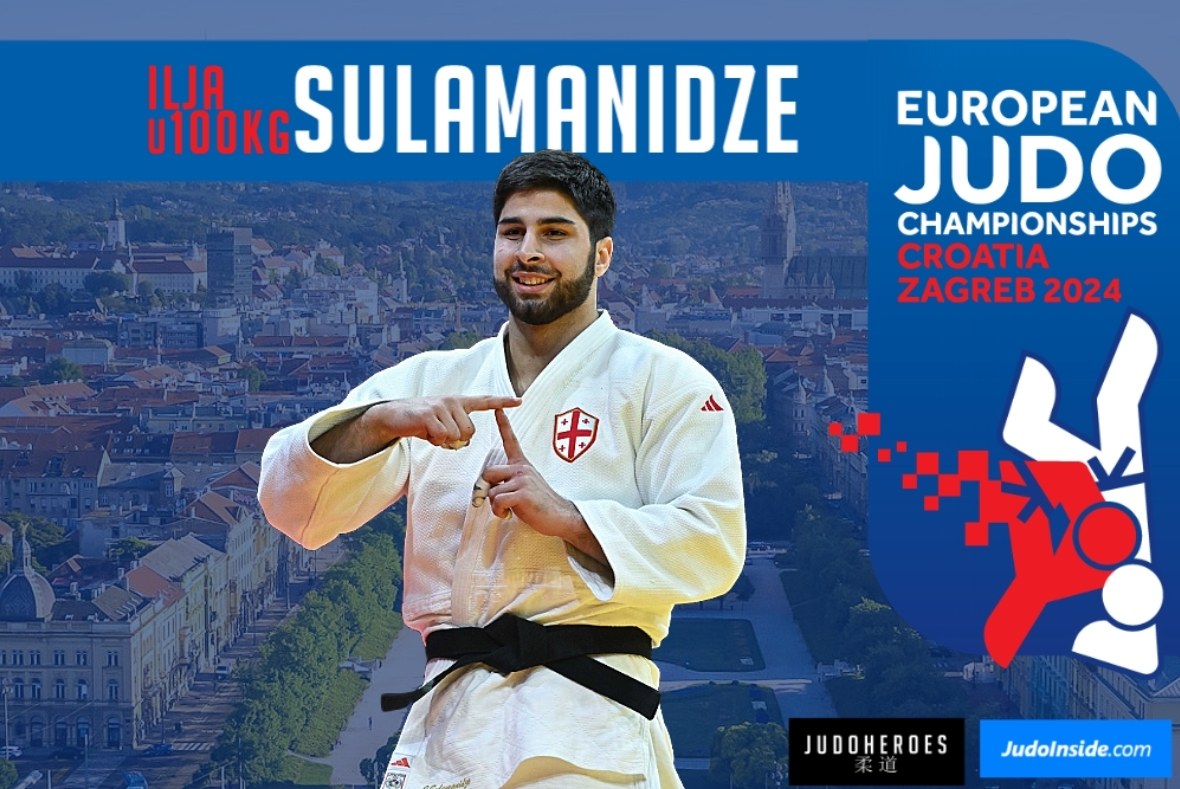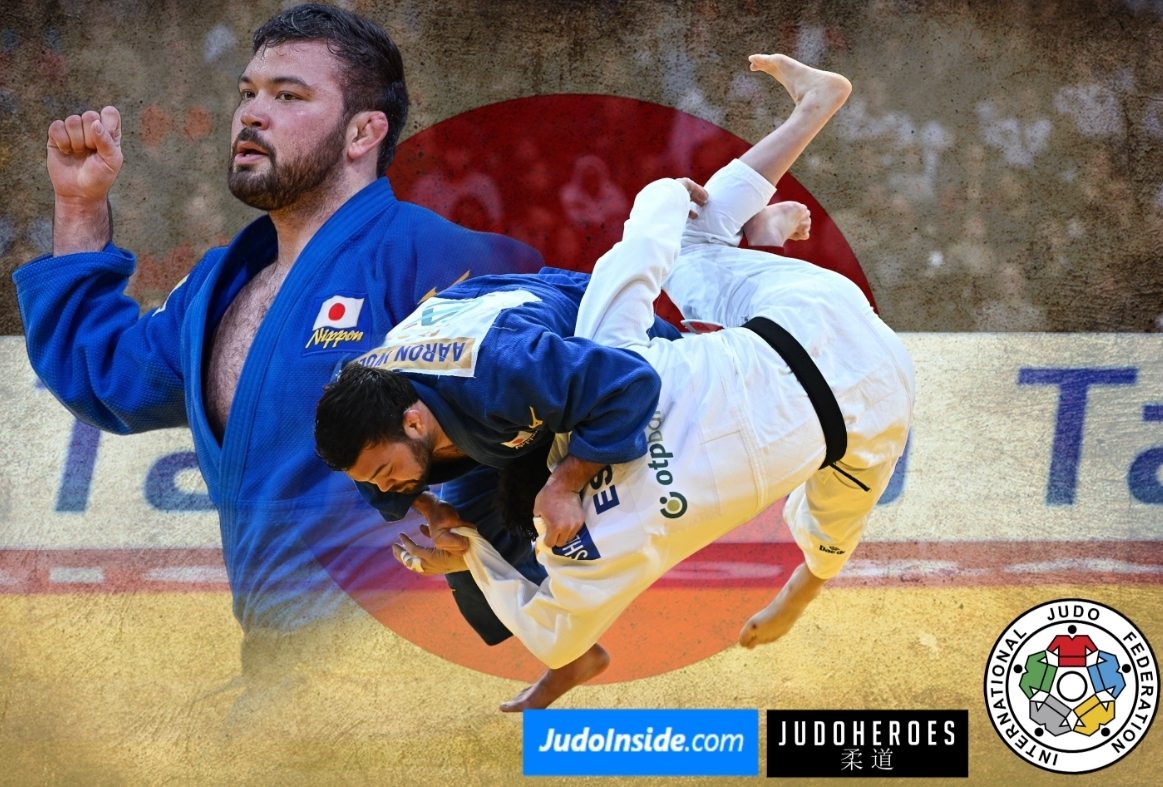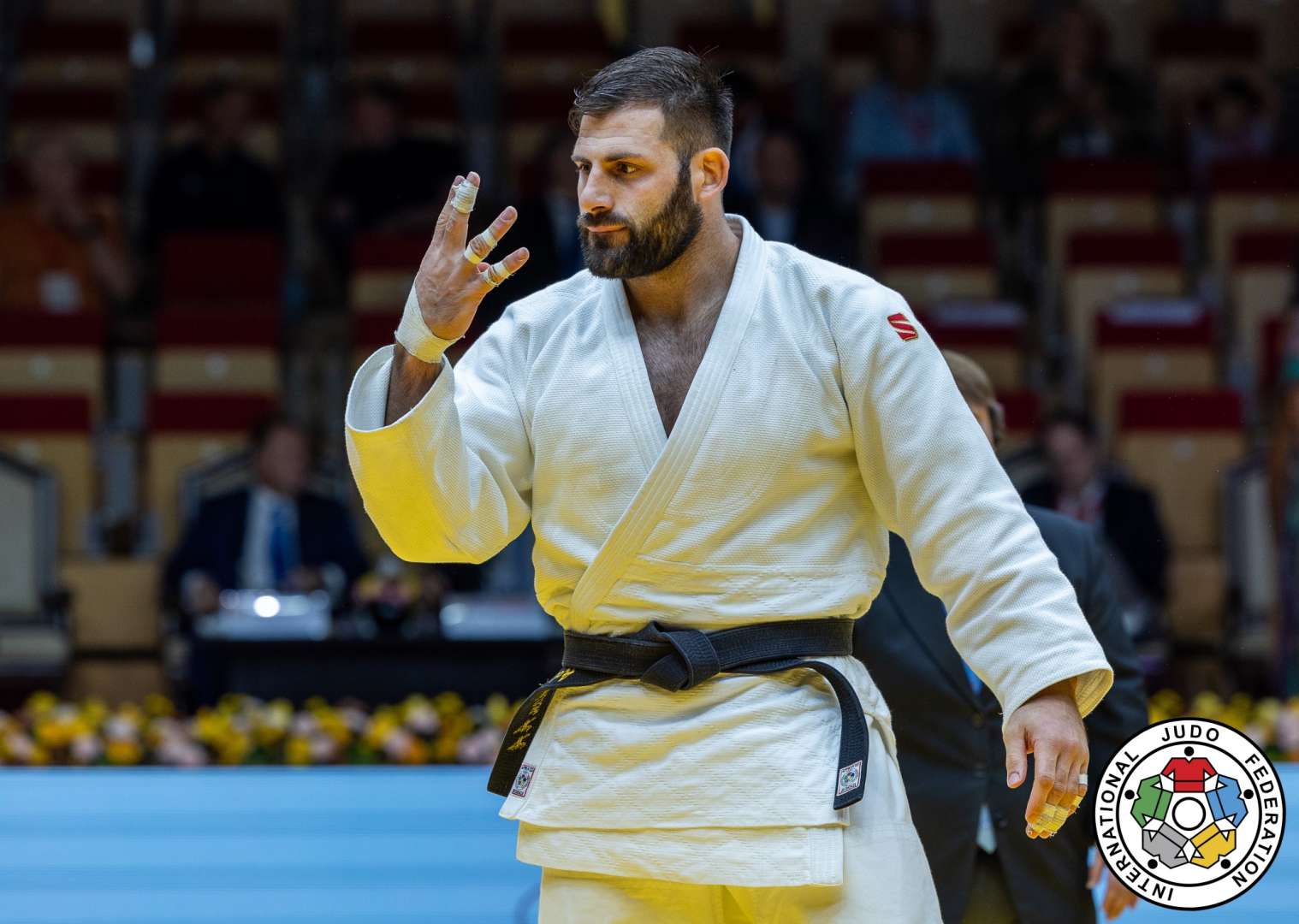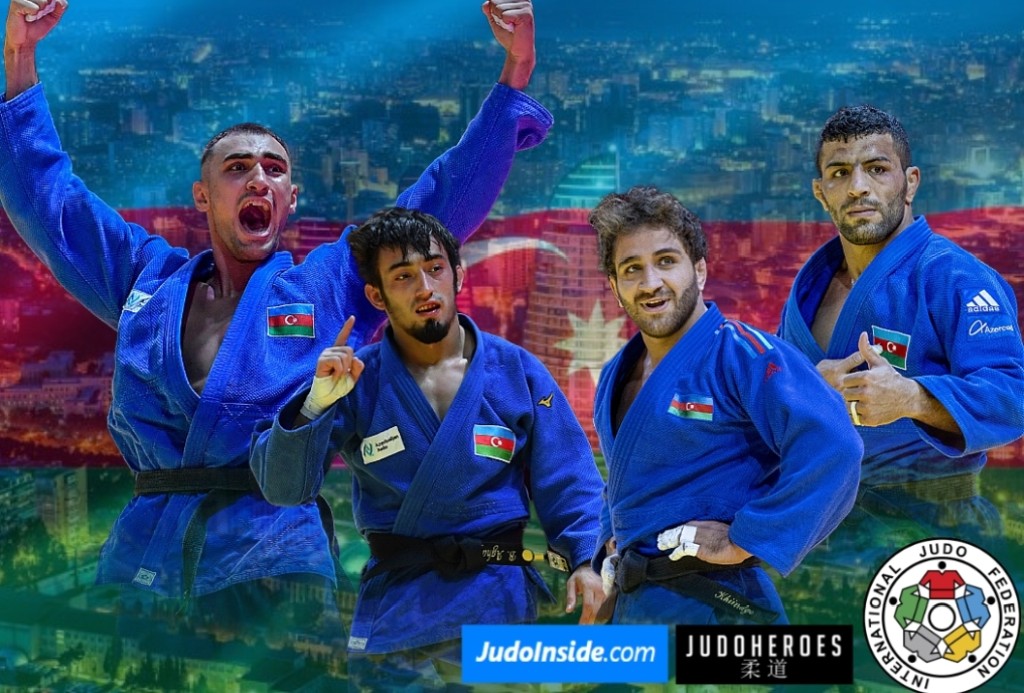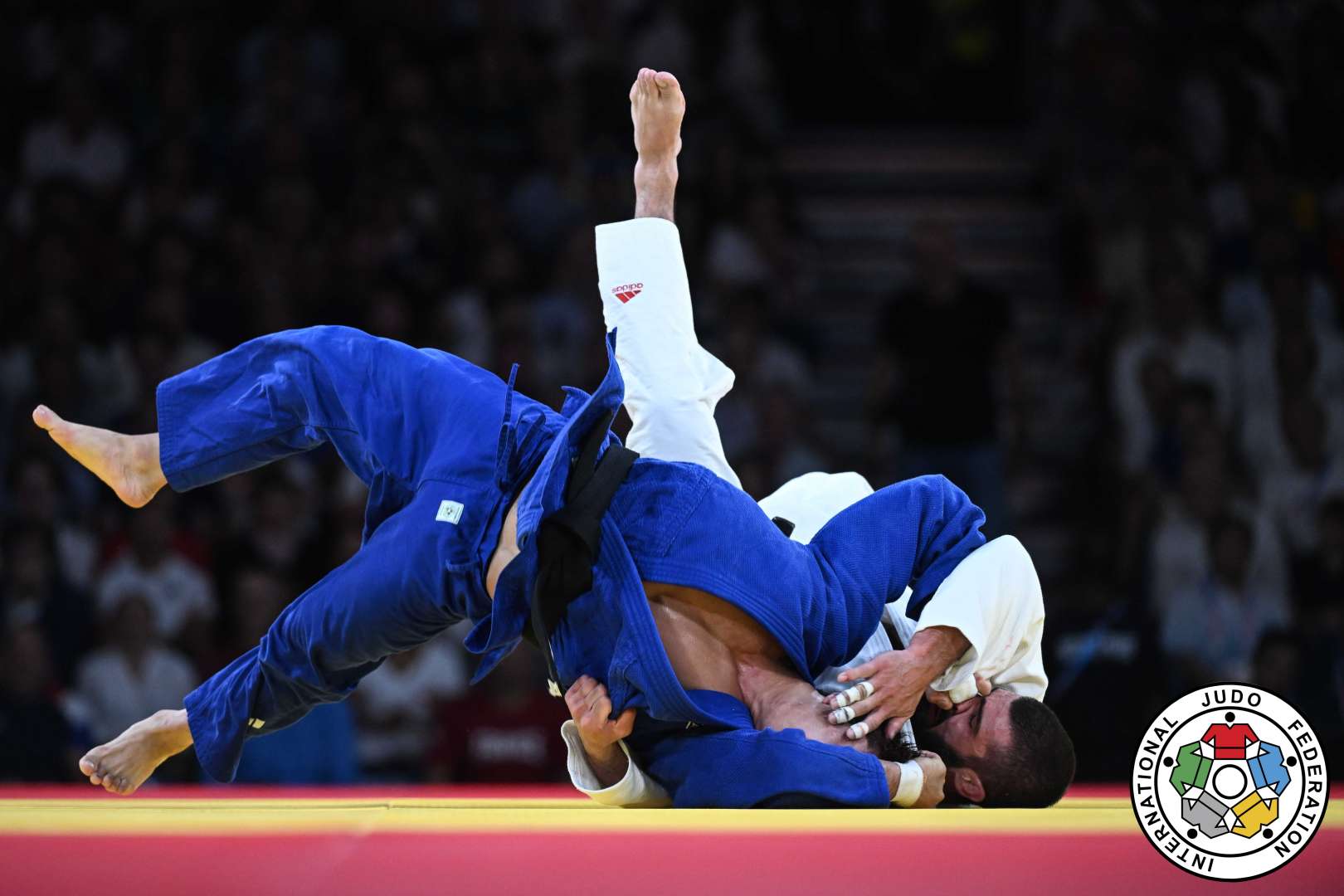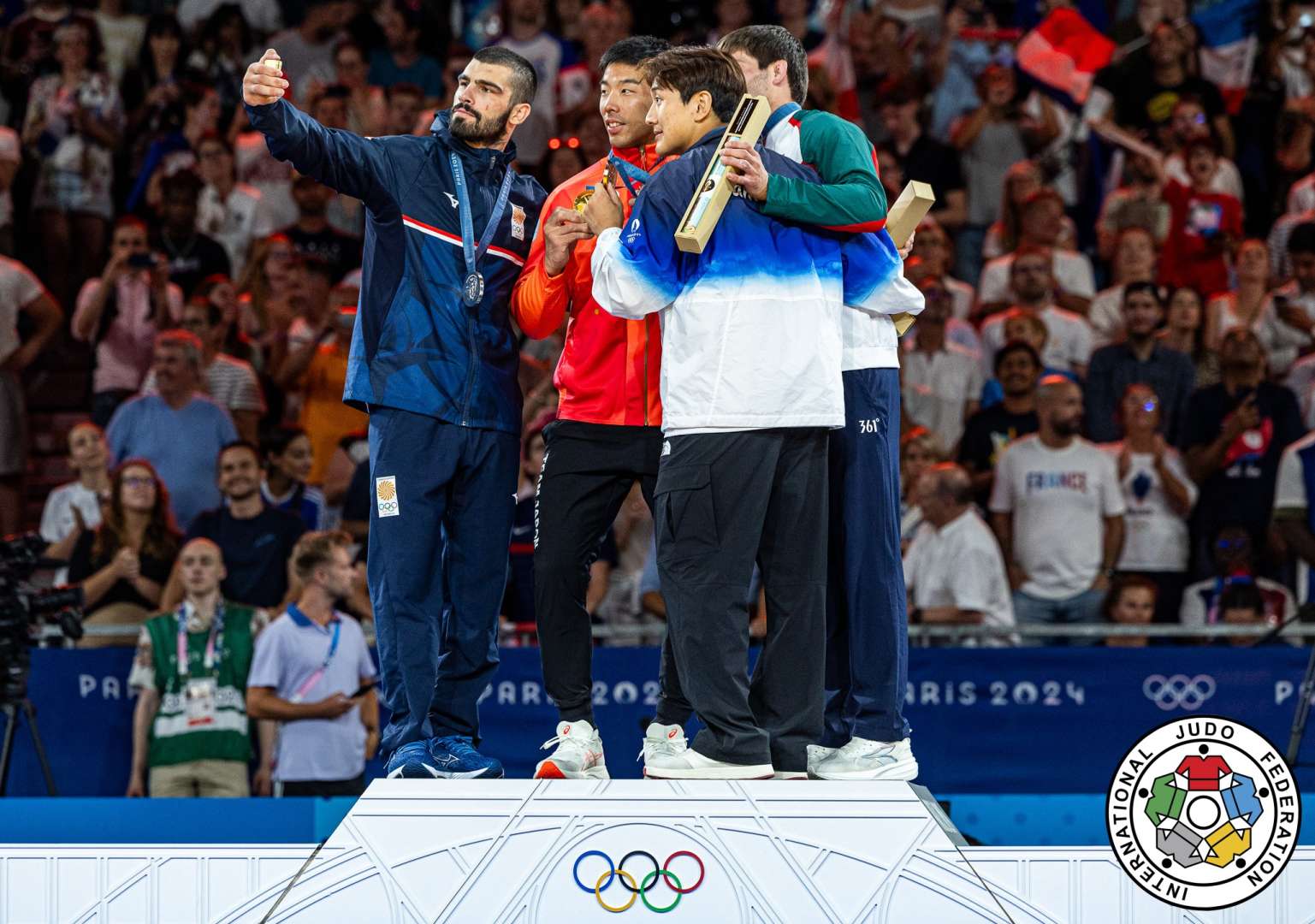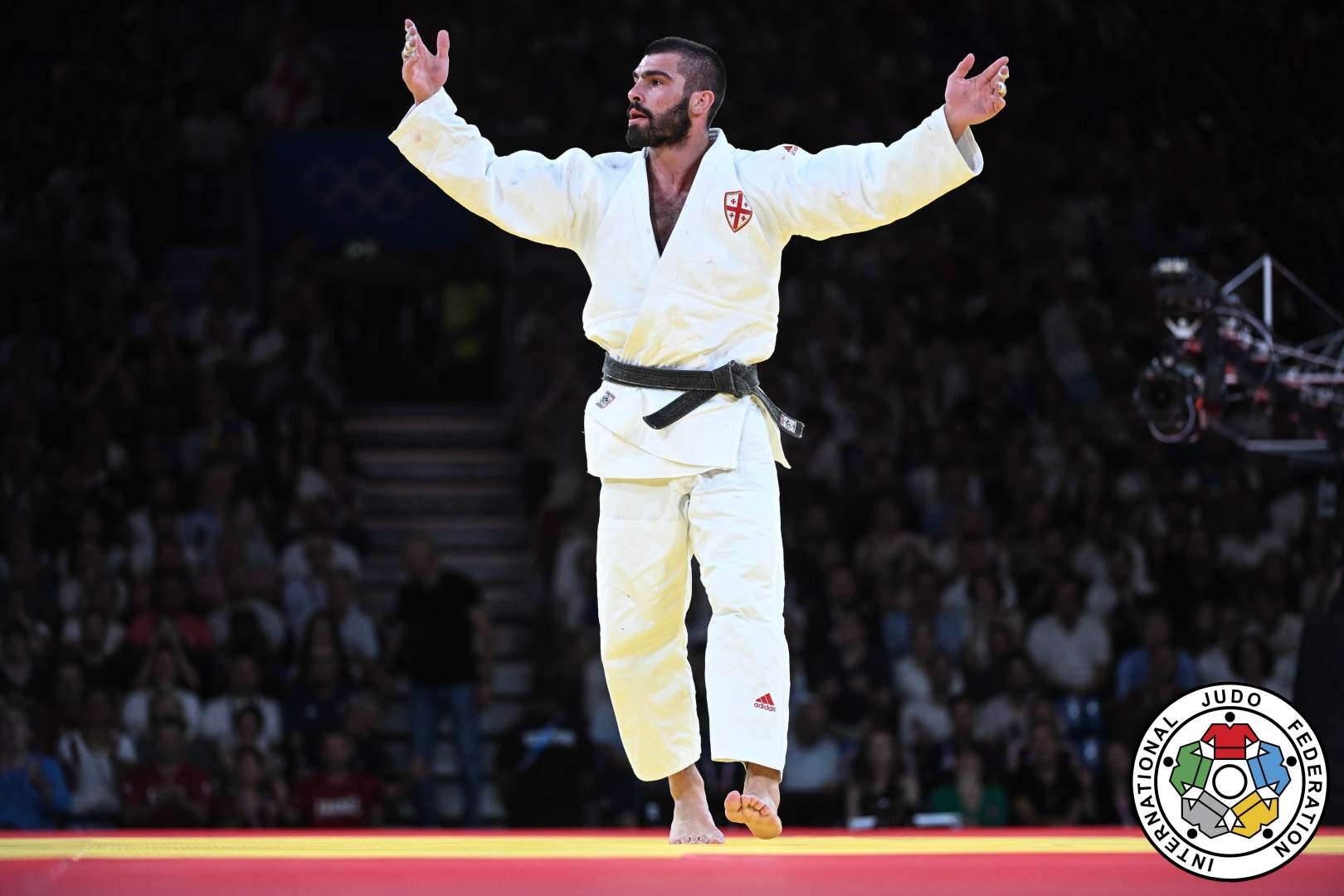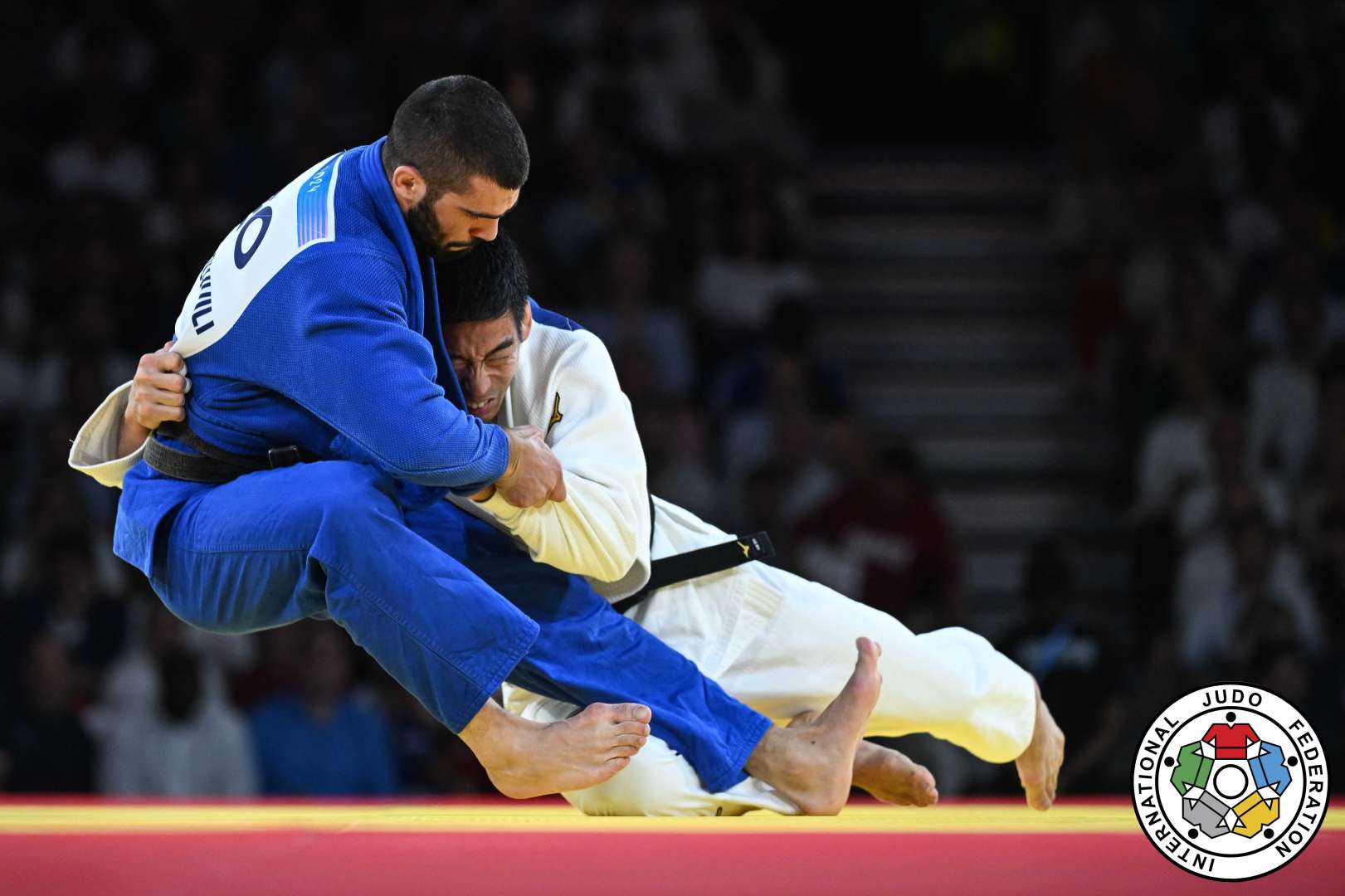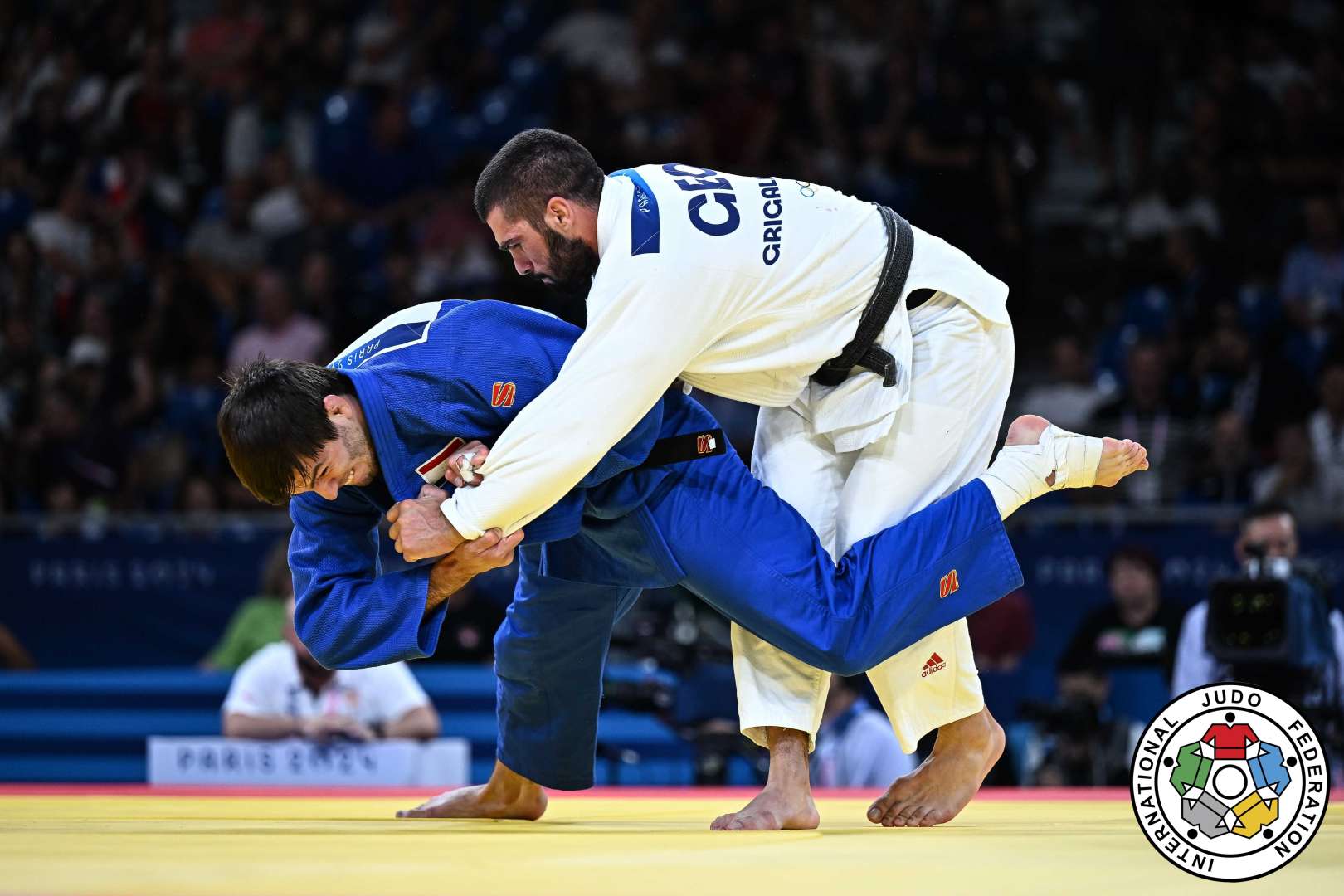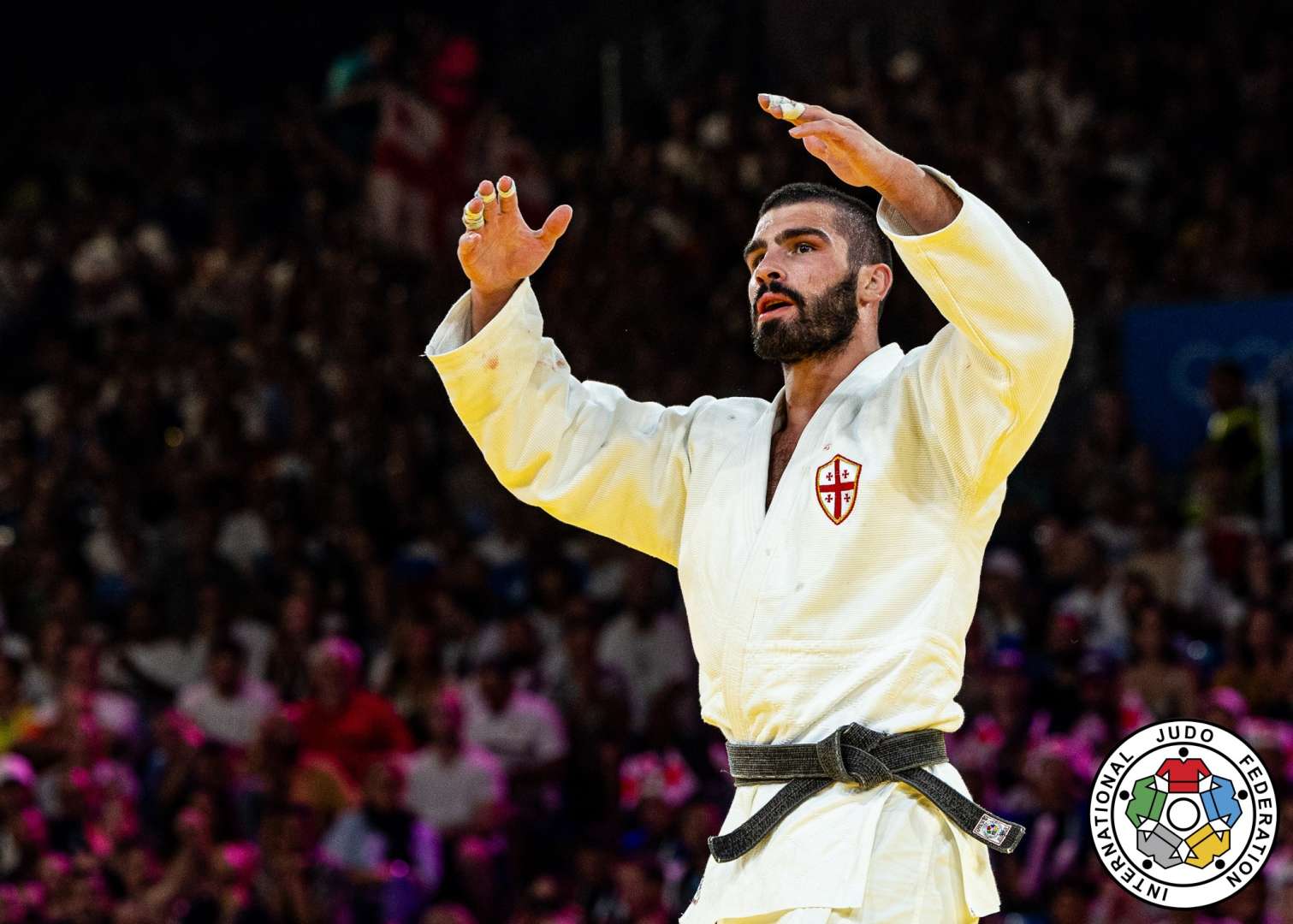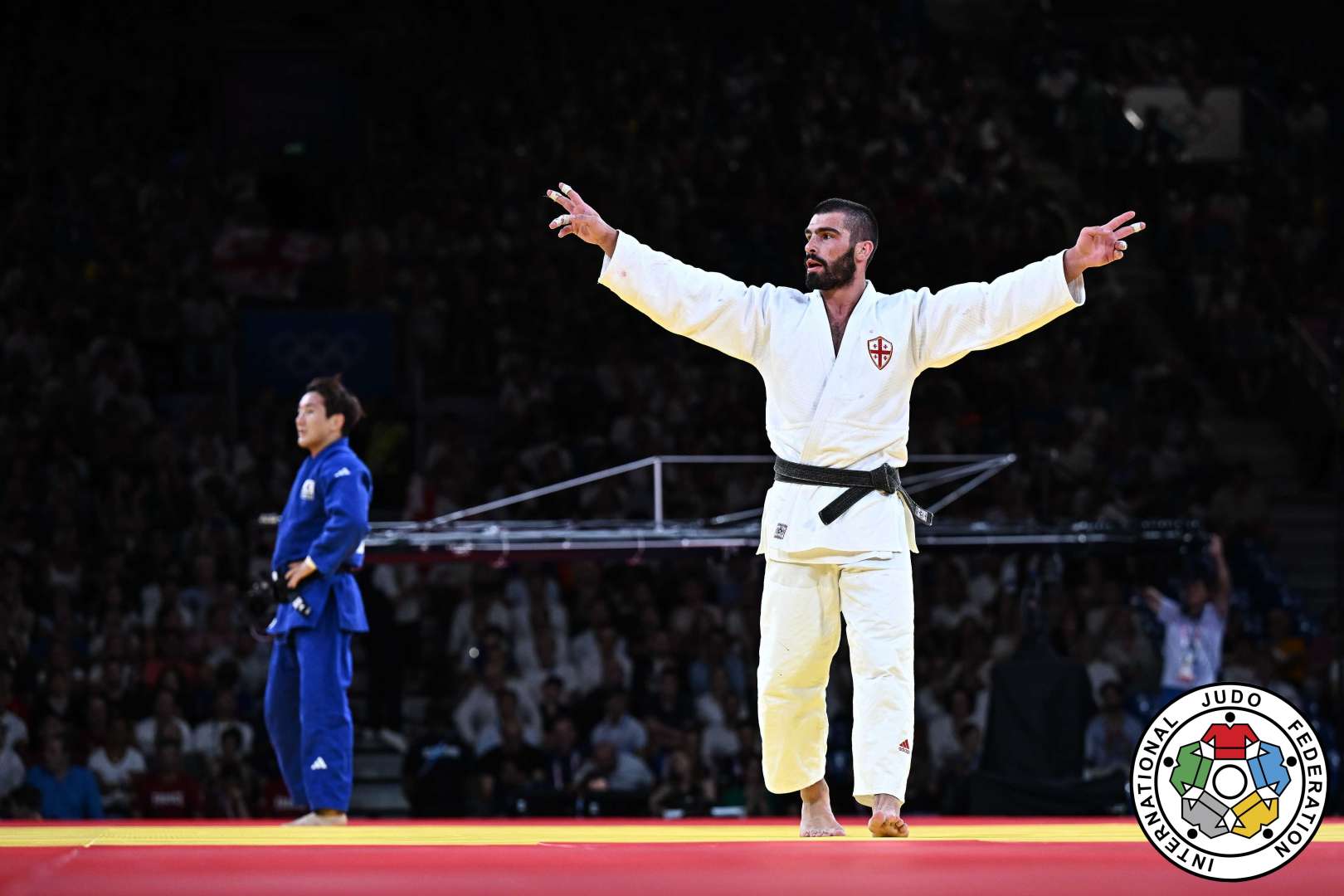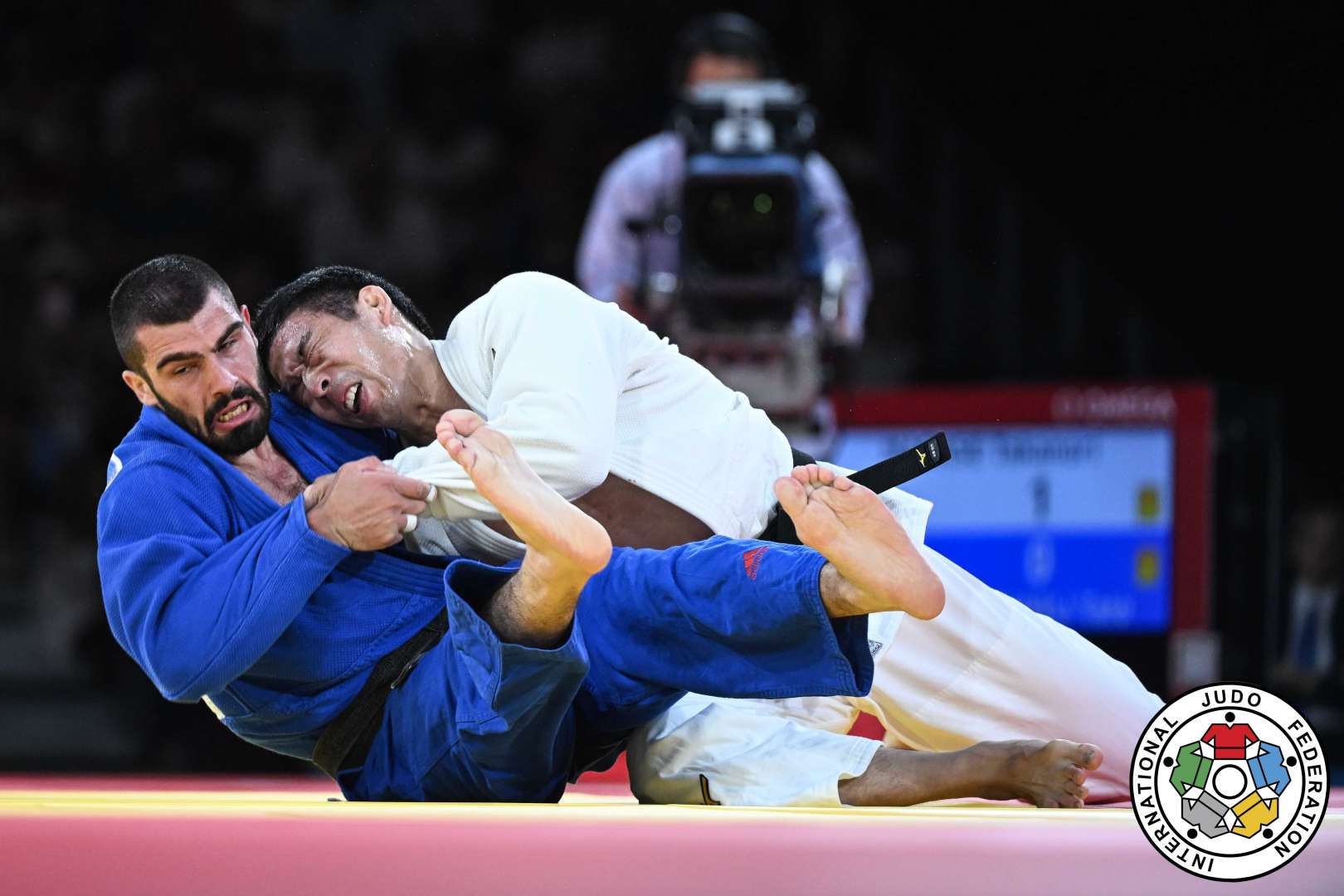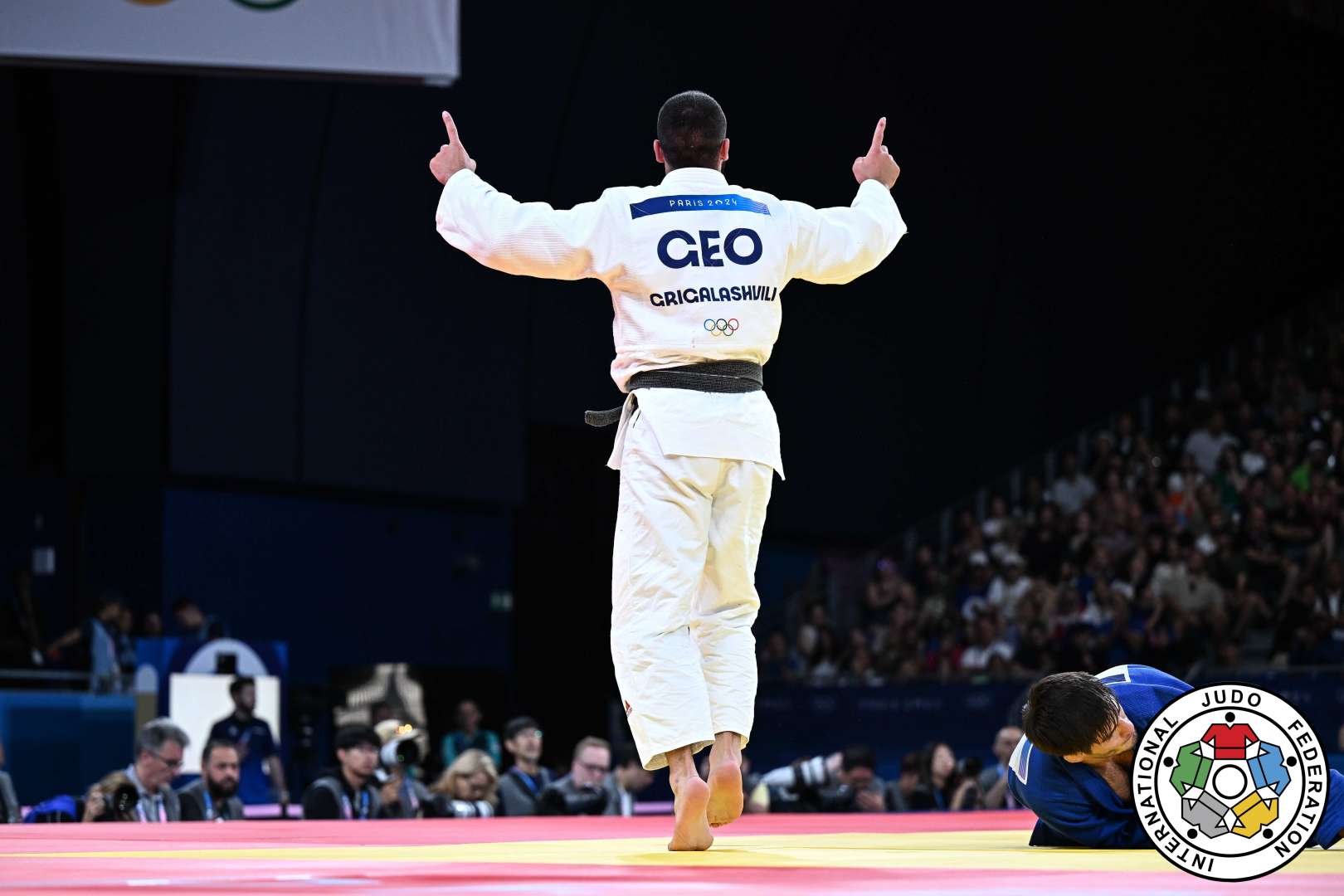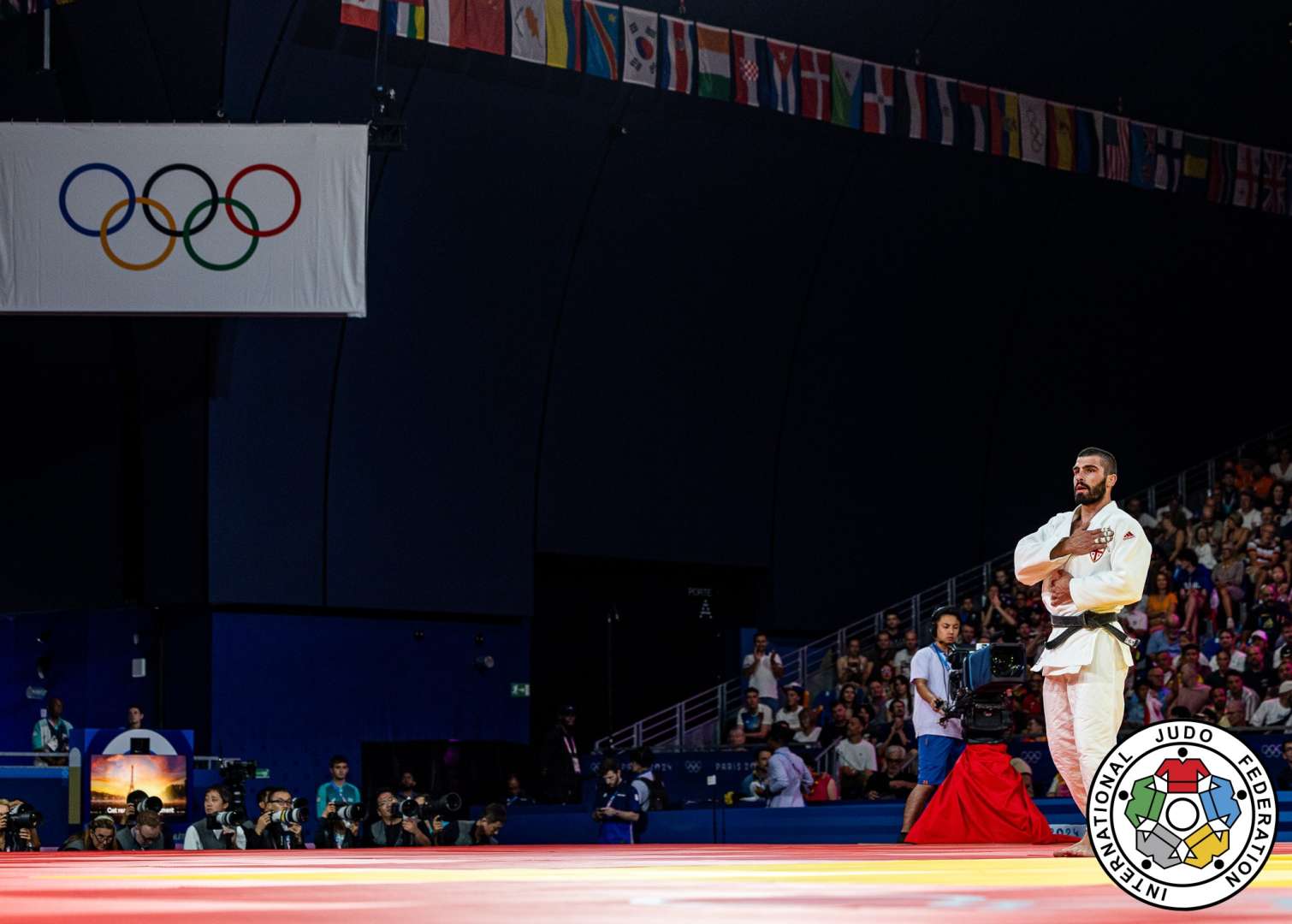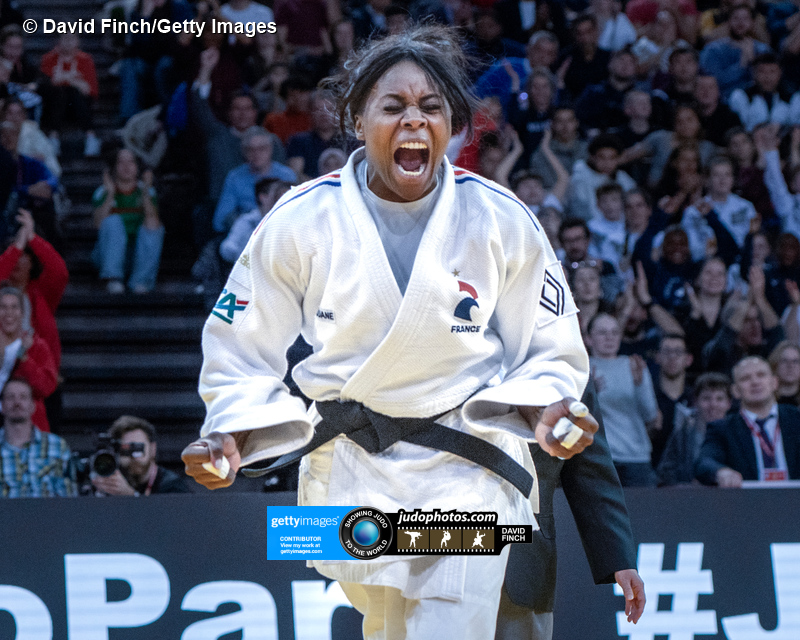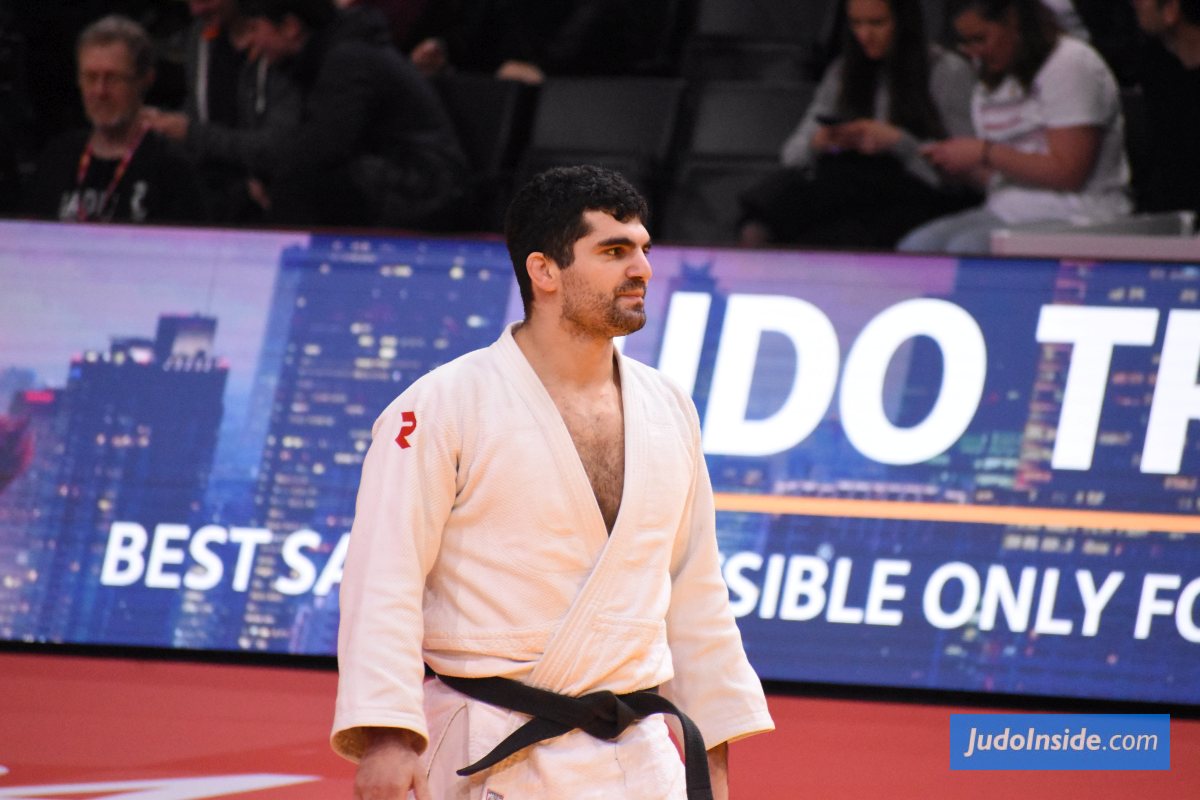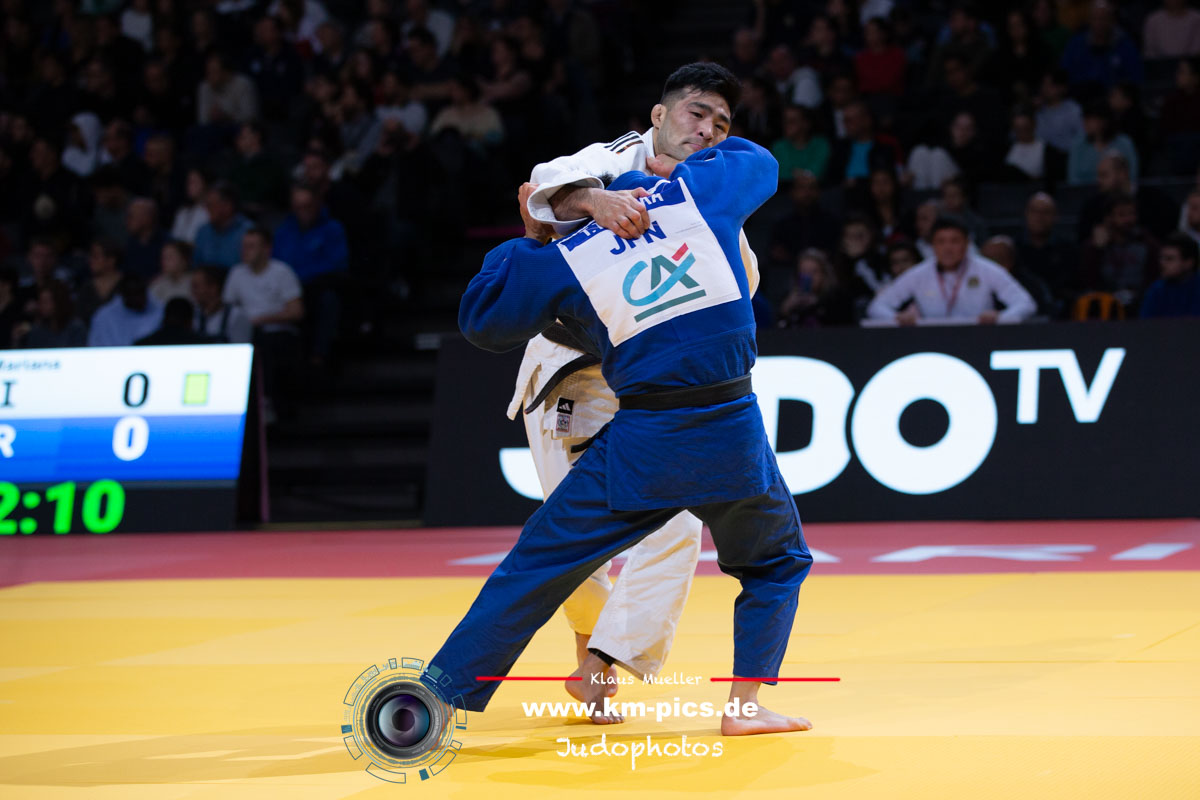EJU Athletic Commission member Aleksandar Kukolj recommends simplicity of judo
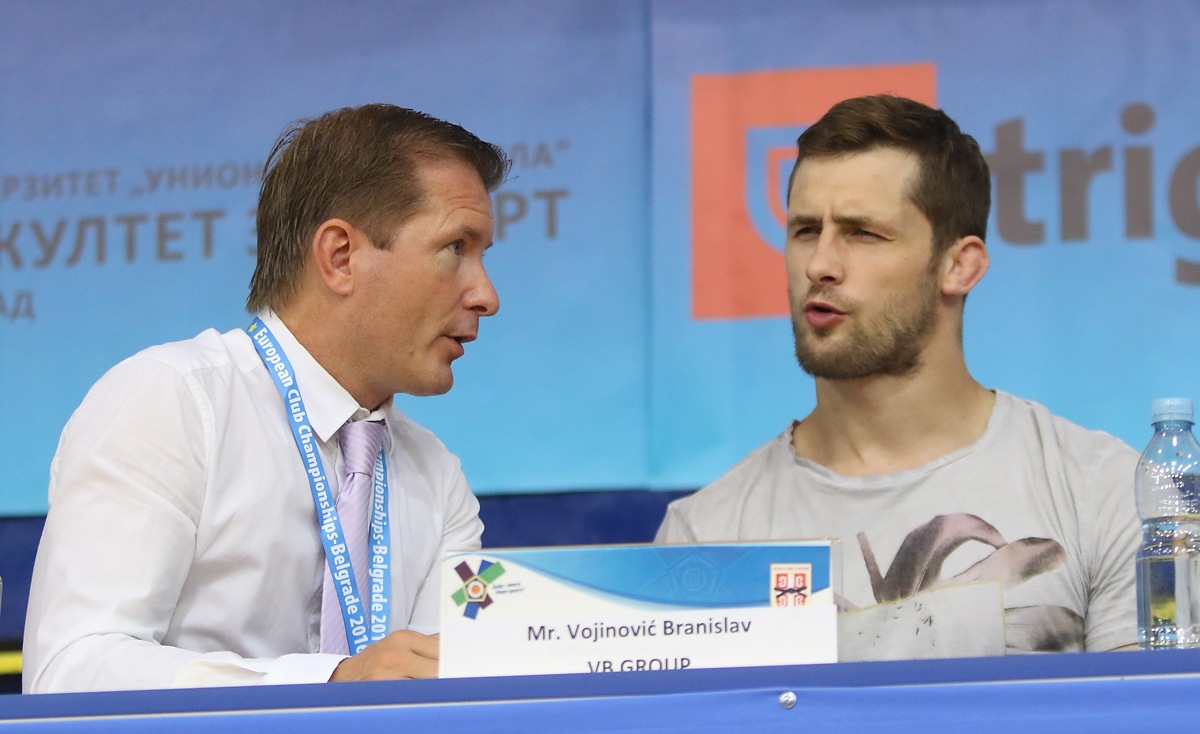
 9 Nov 2024 15:35
9 Nov 2024 15:35

 Serbian Judo Federation
Serbian Judo Federation
Aleksandar Kukolj, a member of the European Judo Union's Athletic Commission, recently expressed his concerns regarding judo's evolving rule set. In his detailed message, Kukolj argued that recent changes in judo regulations have not been sufficiently tested or critically evaluated before being implemented. He believes that the resulting rules, though intended to modernize and improve the sport, often end up introducing further complications and inconsistencies that detract from both the athletes’ and viewers’ experiences.
Kukolj identifies several key areas in need of reconsideration. First, he highlights the overwhelming *complexity* of the judo rulebook, noting that even experienced competitors often struggle to interpret or fully understand it. The multitude of *restrictions* and minute prohibitions, such as penalties for minor infractions in grips or groundwork techniques, lead to a "destructive overload" that makes it challenging for athletes to maintain focus on strategy and creativity during matches. He suggests that the rulebook should be simplified so that athletes can more easily anticipate referee calls.
Moreover, Kukolj points out significant *inconsistencies* within the rules. He cites, for instance, the simultaneous ban on certain grips while also penalizing athletes for breaking grips, and restrictions on leg grabs that can result in penalties for techniques that might otherwise be dynamic and crowd-pleasing. He also critiques the abundance of *exceptions*, or special cases, which complicate judo’s rules much like irregular grammar complicates language learning. Kukoj explains further in an interview with JudoInside's Hans van Essen: "Forbidding leg grabs and therefore a lot of kodokan classified techniques, while in the same time not accepting some new throw solutions with explanation its not kodokan classified."
A particularly troubling aspect of the current rule set, according to Kukolj, is the prevalence of *win-lose situations*, where minor infractions can result in outcomes determined by video reviews. He argues that the presence of numerous small infractions can lead athletes to “walk on the edge,” potentially undermining their confidence and creativity in competition. Another significant area of concern is the *fouls attack* rule, where assessing an attack's legitimacy based on intent rather than observable effects can lead to defensive, less viewer-friendly fighting styles. Kukolj advocates for clearer, simpler evaluation criteria for legitimate attacks that focus on the competitor's vulnerability to counter-attacks and their effect on the opponent.
Kukolj also describes the unintended consequences of well-meaning rules, which he calls the “*cobra effect*.” For example, in an attempt to prevent dangerous head-first landings, a strict ban on any head contact was imposed, leading athletes to exploit this by strategically forcing opponents into such positions, thus prioritizing penalty-seeking over genuine competition. He also warns that safety measures intended to prevent falls on the palms or buttocks can sometimes exacerbate injuries, with athletes attempting less stable landing methods to avoid penalties.
Regarding *technology use*, Kukolj voices concern that excessive reliance on video reviews and precise rule definitions has led to an uptick in interruptions that disrupt the flow of matches. He contends that only actions affecting scoring should be reviewed to preserve the spirit and pace of judo, rather than micromanaging every detail.
In conclusion, Kukolj calls for a *holistic, discussion-driven approach* to rule-making in judo, emphasizing the importance of critical thinking and collective debate before implementing changes. He stresses that rules should be thoughtfully crafted with both the athletes' well-being and the sport's integrity in mind, advocating for a clear, well-considered rulebook that balances tradition with innovation.
Read more about the speculations on the rules changes by JudoInside and JudoCrazy.
 like
like
 share
share
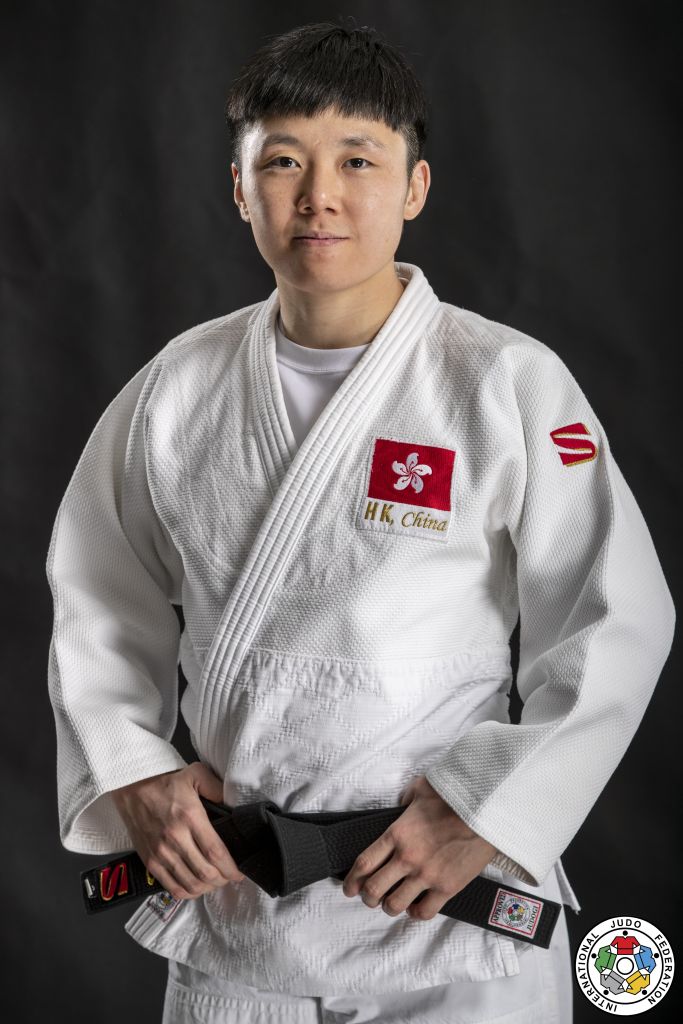
| Result | City | Date |
|---|---|---|
| 2 | Paris | 2024 |
| 1 | Abu Dhabi | 2024 |
| 1 | Zagreb | 2024 |
| 3 | Belgrade | 2023 |
| 2 | Montpellier | 2023 |



